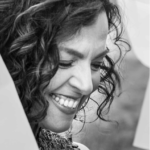Featured Commentary |
on No Judgment, essays by Lauren Oyler

“Does Oyler know that her negative reviews have had an impact? Sure. Does she care? She doesn’t … not care, but observes that caring too much about it is playing a different game than what the critic does.”







































